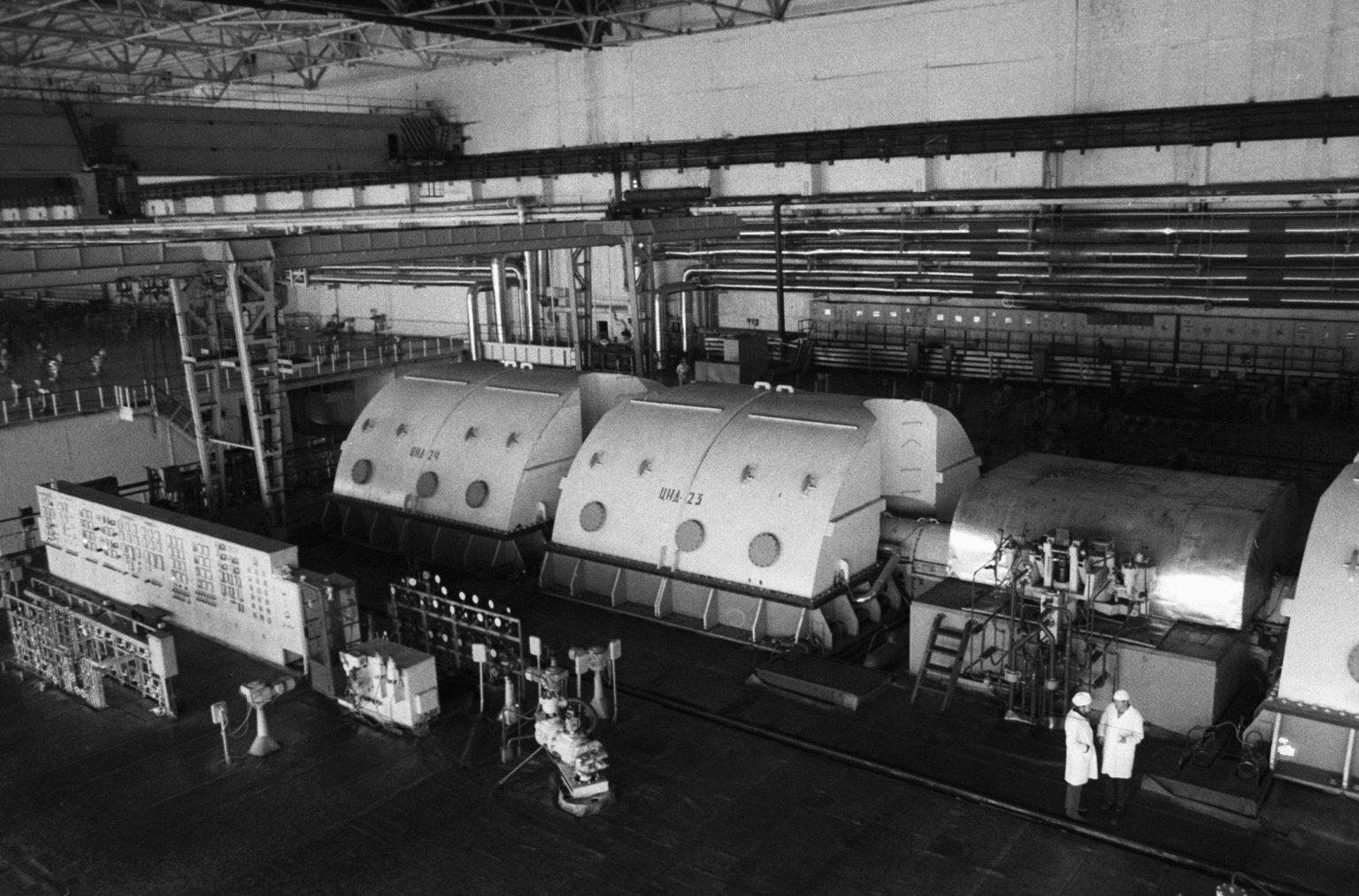The arrest of two high-ranking officials at the Smolensk nuclear power plant (NPP) in Russia for alleged misappropriation of funds has sent ripples through the country’s nuclear energy sector. The two individuals, a current and former deputy director of construction at the plant, are accused of accepting 3 million rubles in advance for construction work that was never completed. This incident underscores the persistent problem of financial fraud and corruption within Russian organizations, an issue that has plagued the country for decades and fuelled the rise of anti-corruption activists like the late Alexey Navalny.
The alleged misappropriation comes at a critical juncture for the Smolensk NPP and the Russian nuclear energy industry as a whole. The existing Smolensk NPP, with its three aging reactors, is nearing the end of its operational lifespan. The first unit is permitted to operate until 2027, the second until 2025, and the third until 2034. The construction of Smolensk-II, a new nuclear power plant intended to replace the aging facility, is of paramount importance for the region’s energy security. This ambitious project, considered the largest construction endeavor in the region since the Soviet era, is meant to safeguard the future of nuclear power in the area.
The timing of the alleged misappropriation couldn’t be worse, coinciding with the outgoing Biden administration’s imposition of sanctions on the Russian nuclear energy sector. These sanctions are likely to exacerbate the financial impact of any funds diverted from crucial projects like Smolensk-II. The 3 million rubles allegedly misappropriated may represent a relatively small sum in the grand scheme of the project, but it symbolizes a deeper issue of financial mismanagement and corruption that could undermine the project’s success and the future of nuclear power in the region.
The construction of Smolensk-II is a complex and multifaceted undertaking, involving a multitude of logistical and engineering challenges. The project requires the development of essential infrastructure, including access roads, railways, engineering communications, electricity and water supply. Additionally, thorough land surveys and safety assessments are necessary to ensure the site’s suitability for hosting a nuclear power plant. The deputy director of the Smolensk NPP, Sergey Gromov, has emphasized the importance of adhering to a strict construction schedule to ensure the timely completion of the project. He highlighted the innovative nature of Smolensk-II, positioning it as a pivotal project that will shape the future of the nuclear energy industry in Russia and globally.
The alleged misappropriation by the two officials threatens to disrupt this carefully orchestrated project. The loss of funds, while not crippling in itself, could lead to delays and inefficiencies, jeopardizing the project’s timeline and potentially escalating costs. Moreover, it raises concerns about the integrity of the project’s management and oversight, potentially undermining public confidence in the safety and reliability of the future power plant. The incident also casts a shadow over the broader Russian nuclear energy sector, raising questions about the effectiveness of anti-corruption measures and the potential for further financial irregularities in other projects.
The accused officials face serious legal repercussions if found guilty of abuse of office. They could be sentenced to up to 10 years in prison. The outcome of their case will likely have significant implications for the future of the Smolensk-II project and the wider fight against corruption within the Russian nuclear energy sector. The investigation will need to determine the extent of the misappropriation and whether other individuals were involved. The authorities will also need to implement stricter controls and oversight mechanisms to prevent similar incidents from occurring in the future. The successful completion of Smolensk-II is crucial for Russia’s energy security, and the government must take decisive action to ensure that the project remains on track and free from corruption.

